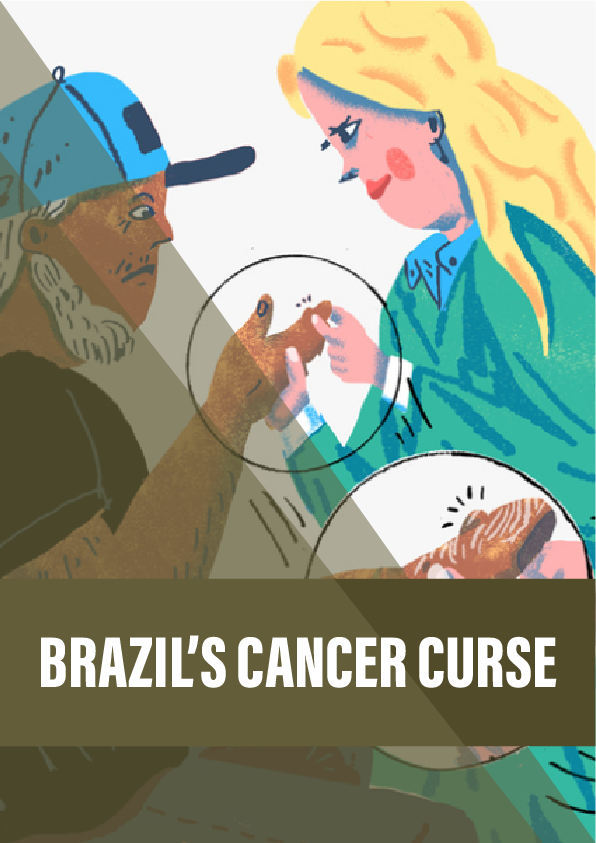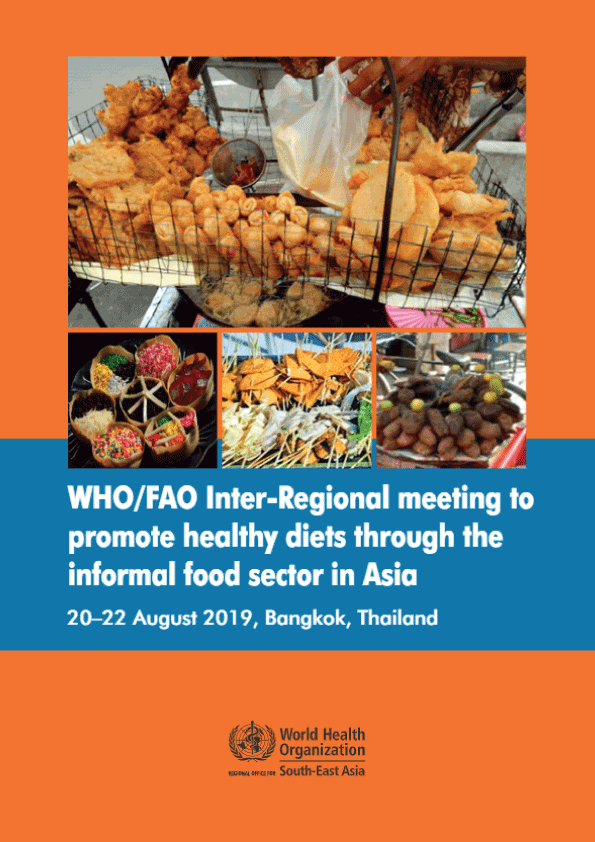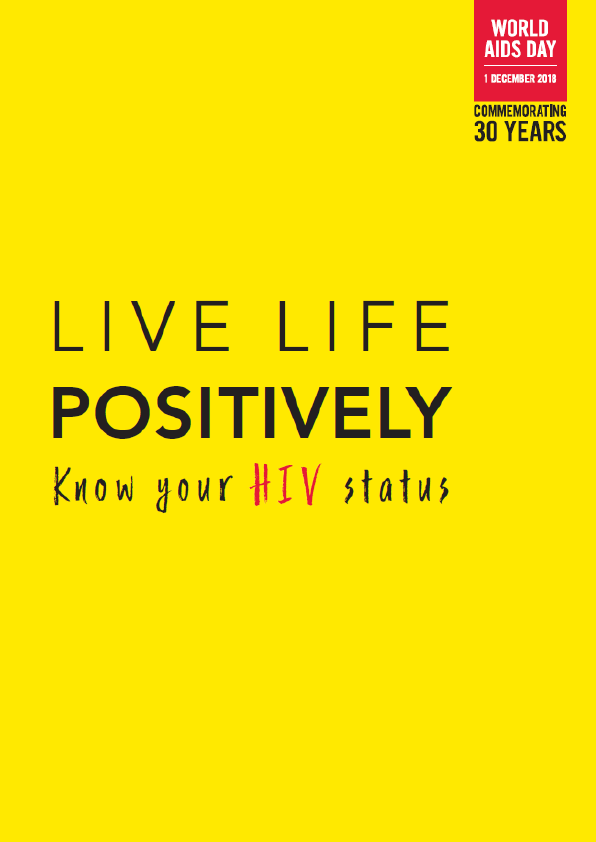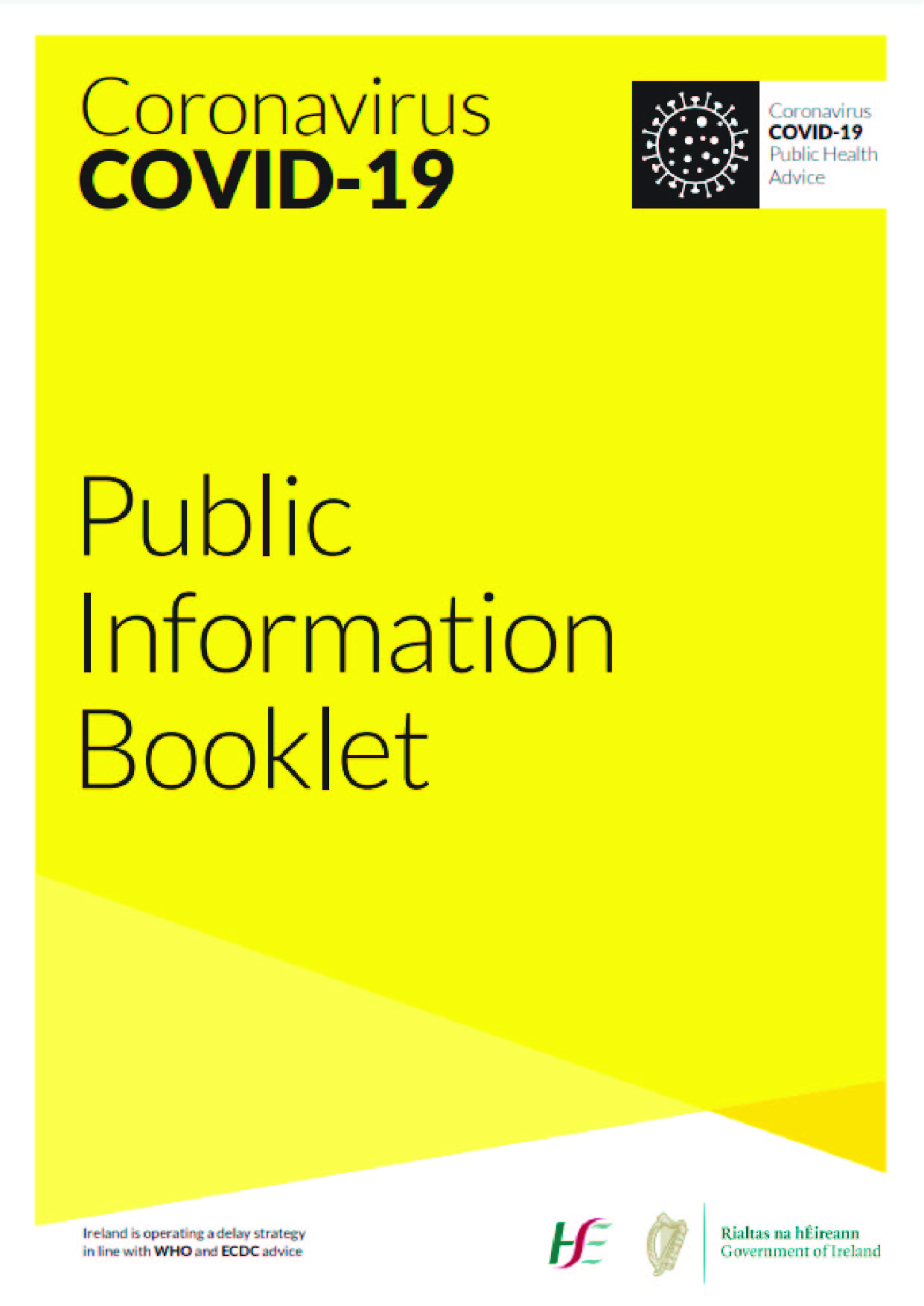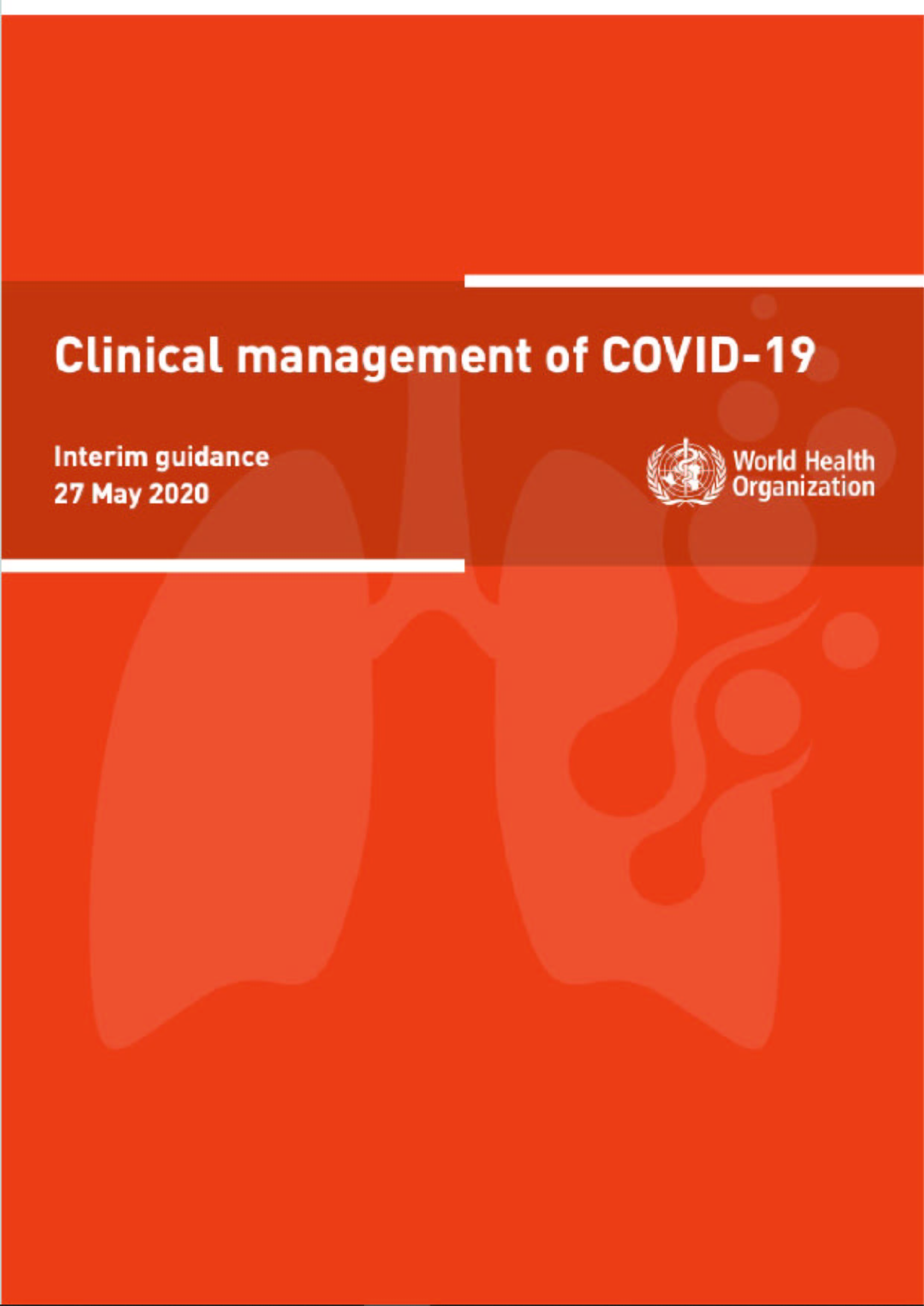The startling discovery that hundreds of thousands of Brazilians have a genetic mutation that undermines their ability to resist cancer is helping labs worldwide in their search for new treatments for the disease. Sue Armstrong reports.
Pedro Gomez is a short, powerfully built man in his 60s with the ruddy face and sun-tanned arms of an outdoor worker. He is wearing a short-sleeved black shirt, jeans and a baseball cap. Gomez is worried about a small lump on his finger, he tells the doctor, cancer geneticist Maria Isabel Achatz. Taking his hand in hers to get a closer look, Achatz talks to him gently then leans forward to inspect another small lesion behind his ear.
Gomez is one of Achatz’s regular patients at the A C Camargo Cancer Center in São Paulo, Brazil. He is extraordinarily susceptible to cancer. So too are many members of his extended family; cancer is so common among them – and premature death so painfully familiar – that until they learned very recently of the cause, some believed their family was cursed.
Gomez’s is not the only family affected. The ‘curse’ afflicts hundreds of thousands of people in Brazil. One of the highest-profile was José Alencar, the country’s popular and charismatic Vice President under Luíz Ignácio ‘Lula’ da Silva. Alencar died in 2011 after being diagnosed with cancer in 1997. Over the years, as tumours spread relentlessly throughout his body, he underwent more and more operations in Brazil and the USA, having a kidney, most of his stomach and large chunks of his bowel removed. The Vice President talked candidly about his disease and used his own experience to advocate for early detection of cancer.
Reference:
- p53: The gene that cracked the cancer code, by Sue Armstrong.
- The first description of Li–Fraumeni syndrome, by Frederick Li and Joseph Fraumeni.
- The research paper that first reported the p53 mutation associated with Li–Fraumeni syndrome in Brazilian families, by Maria Isabel Achatz, Pierre Hainaut.
- A detailed description of Li–Fraumeni syndrome by Cancer.net.
